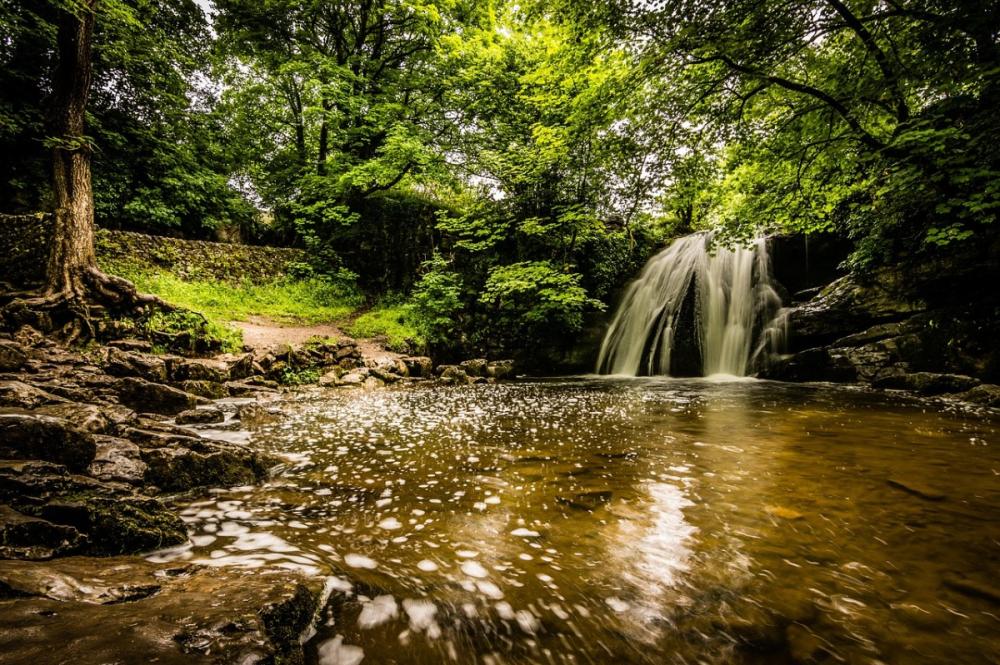search
date/time
 | Yorkshire Times Weekend Edition |
6:44 AM 18th September 2025
nature
Yorkshire Dales Rivers At Risk: National Park Waterways In Crisis

Image by Tim Hill from Pixabay
A new report from Campaign for National Parks, in partnership with The Rivers Trust, reveals that sewer overflows inside National Parks spill more than twice as long on average as outside. The average number of hours spilling from a single sewer overflow per year in the Dales was 486 hours, compared to 266 hours outside the parks.
Home to abundant wildlife, and some of the UK’s most treasured landscapes, National Park waterways should be protected to the highest standards, but 47% of rivers in the Yorkshire Dales fail to meet good ecological status. Sewage spills, agricultural pollution, and toxic chemicals are risking even the country’s most iconic rivers.
“National Parks like the Yorkshire Dales should set the gold standard for clean and healthy rivers, but instead they are being ignored and neglected by Government, regulators and water companies. These places are loved by millions of people: if we can’t protect the jewels of our waterways then we are failing the nation.”
“Government in England and Wales is in the midst of the biggest reform of the water sector in decades: they must not forget places like the Dales. It’s time to give these waterways the strongest legal protections, the highest standards, and the urgent investment they deserve.”
In 2024, 16,556 hours of sewage were discharged from water industry combined sewage overflows (CSO) into rivers in the Yorkshire Dales. This reflects aging and poorly maintained sewage infrastructure that is ill-designed and undersized to cope with actual resident and visitor populations. Many rural communities within National Parks are below the threshold resident population size where more than basic sewage treatment is legally required, meaning that sewage treatment technologies that are standard elsewhere are not legally required inside National Parks.
Local communities are working tirelessly to protect these waterways. National Park Authorities play an important role as local planning authorities and are active in a wide range of catchment management and river restoration projects but when it comes to tackling the biggest pressures, they have little power and are reliant on the water companies and water regulators to act. Without changes to legislation and legally binding requirements, National Park Authorities and communities are swimming against the current.
1. Prioritise the Parks: Make National Parks a top priority in water reforms, with the highest ambitions for our most special rivers and a new mandate requiring new water regulators and water companies to act.
2. Strengthen the Law: Set legally binding targets to clean up rivers, lakes, and streams in National Parks, including high status for iconic sites such as the Usk and the Broads. Fix storm overflows in National Parks by 2035 and ban toxic chemicals including damaging ‘spot-on’ flea treatments.
3. Stop the Sewage: Upgrade sewage treatment works within National Parks so they are fit for purpose, supported by nature-based solutions and strong enforcement.
4. Cut Farm Pollution: Tackle agricultural pollution through better regulation and incentives, with targeted action for water through farming schemes in England and Wales.
5. Power Up National Park Authorities: Empower, support and fund National Park Authorities to play an even greater role in water and catchment management.